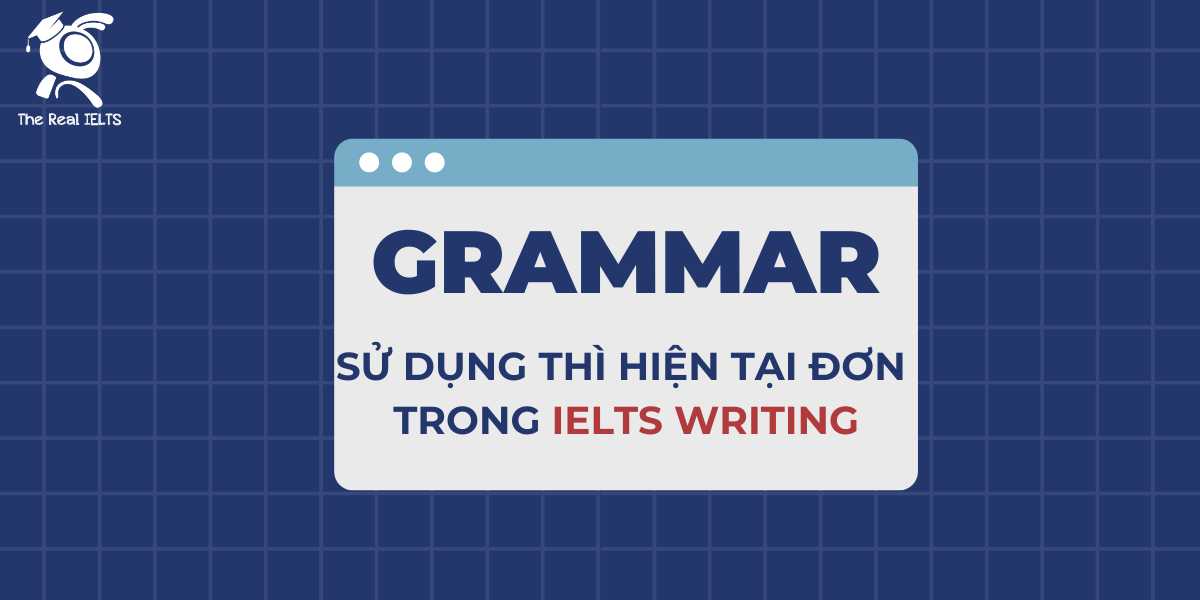Luyện tập IELTS Reading ngày 19 có chủ đề: Artificial Intelligence in Healthcare: Ethical Concerns and Benefits. Bài này thuộc chuỗi IELTS Reading: 30 chủ đề luyện tập. Mỗi bài này luyện tập khoảng 30 phút.
Học lại bài cũ: IELTS READING Day 18: The Science of Climate Change and Its Global Impact.
Đọc bài IELTS Reading và trả lời câu hỏi ở bên dưới
Artificial Intelligence (AI) has rapidly become an integral part of healthcare systems worldwide. From enhancing diagnostic accuracy to predicting patient outcomes, AI technologies are increasingly transforming how medical professionals deliver care. However, the growing use of AI in healthcare also raises significant ethical concerns.
One of the primary benefits of AI in healthcare is its ability to analyze large amounts of data quickly and accurately. Medical professionals can now use AI-driven algorithms to interpret complex datasets such as medical imaging or patient history, leading to faster diagnoses and treatment recommendations. In cancer detection, for instance, AI tools have been proven to outperform human radiologists in identifying tumors in early stages. Furthermore, AI systems are designed to predict disease outbreaks and assess patient risks more effectively than traditional methods, potentially saving thousands of lives each year.
Despite these advantages, AI’s use in healthcare presents numerous ethical dilemmas. A key issue is patient privacy. AI systems often rely on vast amounts of personal medical data to function, and the question arises as to how this data is stored and used. If data breaches occur, sensitive health information could be exposed, leading to privacy violations. This concern is compounded by the fact that AI systems, while highly efficient, may not always provide transparent decision-making processes. Patients might not fully understand how an AI reached a particular diagnosis or treatment plan, which could erode trust between patients and healthcare providers.
Another ethical issue is the risk of bias in AI systems. These systems are trained using historical data, which may reflect existing societal biases, such as racial or gender disparities. If unchecked, this bias can lead to unequal treatment. For example, AI tools might be less effective in diagnosing illnesses in minority populations if the training data used does not adequately represent these groups. Addressing this bias is a major challenge, as ensuring fairness and equity in AI applications is crucial for fostering trust in these technologies.
Additionally, the implementation of AI raises concerns about the potential loss of jobs in the healthcare sector. While AI can streamline many administrative and clinical tasks, it also threatens to replace certain roles traditionally held by humans. For example, AI systems used in medical billing, record keeping, or even diagnostics could render some healthcare positions obsolete. However, proponents argue that rather than eliminating jobs, AI has the potential to assist medical professionals, enabling them to focus on more complex and human-centered aspects of care.
In conclusion, while AI offers tremendous benefits in the healthcare sector, it is essential to address the ethical challenges it presents. To fully harness the potential of AI, clear guidelines on data privacy, transparency, and bias mitigation must be established. As the role of AI in healthcare expands, finding the balance between leveraging its advantages and maintaining ethical standards will be critical to its success.
Từ vựng
- Artificial Intelligence (AI) – Trí tuệ nhân tạo
- Healthcare systems – Hệ thống chăm sóc sức khỏe
- Diagnostic accuracy – Độ chính xác trong chẩn đoán
- Predicting patient outcomes – Dự đoán kết quả điều trị của bệnh nhân
- Technologies – Công nghệ
- Transforming – Thay đổi
- Ethical concerns – Mối quan ngại về đạo đức
- Analyze – Phân tích
- Algorithms – Thuật toán
- Interpret complex datasets – Diễn giải các bộ dữ liệu phức tạp
- Medical imaging – Hình ảnh y khoa
- Treatment recommendations – Đề xuất điều trị
- Cancer detection – Phát hiện ung thư
- Outperform – Vượt trội hơn
- Disease outbreaks – Bùng phát dịch bệnh
- Patient privacy – Quyền riêng tư của bệnh nhân
- Data breaches – Sự rò rỉ dữ liệu
- Transparent decision-making processes – Quy trình ra quyết định minh bạch
- Erode trust – Làm mất lòng tin
- Bias – Thiên vị
- Societal biases – Thiên vị xã hội
- Racial or gender disparities – Sự bất bình đẳng về chủng tộc hoặc giới tính
- Unequal treatment – Sự đối xử không công bằng
- Minority populations – Dân số thiểu số
- Fairness and equity – Sự công bằng và bình đẳng
- Trust – Niềm tin
- Job loss – Mất việc làm
- Streamline – Tinh giản
- Administrative tasks – Công việc hành chính
- Obsolete – Lỗi thời
- Proponents – Người ủng hộ
- Mitigation – Giảm thiểu
- Ethical standards – Tiêu chuẩn đạo đức
Câu hỏi IELTS Reading Artificial Intelligence in Healthcare: Ethical Concerns and Benefits
Question 1: Matching Information (choose the paragraph that contains the following information)
- AI’s impact on jobs in healthcare.
- Privacy concerns related to the use of AI in healthcare.
- The use of AI for early detection of diseases.
- The issue of bias in AI systems and its consequences.
Question 2: Multiple Choice (choose the correct answer)
- What is one of the primary benefits of AI in healthcare?
A) Reducing medical costs
B) Increasing diagnostic accuracy
C) Replacing doctors in all medical fields
D) Limiting the amount of medical data used - Why is there concern about bias in AI systems?
A) AI systems can make medical errors.
B) Historical data may reflect societal inequalities.
C) AI systems are slow in processing data.
D) AI is not trusted by healthcare professionals.
Question 3: True, False, Not Given
- AI systems have completely replaced radiologists in cancer detection.
- AI can predict disease outbreaks more effectively than traditional methods.
- All patients understand how AI systems make decisions.
- AI has eliminated all job opportunities in healthcare.
Đáp án IELTS Reading Artificial Intelligence in Healthcare: Ethical Concerns and Benefits
Question 1: Matching Information
- AI’s impact on jobs in healthcare. → Paragraph 4
- Privacy concerns related to the use of AI in healthcare. → Paragraph 3
- The use of AI for early detection of diseases. → Paragraph 2
- The issue of bias in AI systems and its consequences. → Paragraph 3
Question 2: Multiple Choice
- What is one of the primary benefits of AI in healthcare?
B) Increasing diagnostic accuracy - Why is there concern about bias in AI systems?
B) Historical data may reflect societal inequalities.
Question 3: True, False, Not Given
- AI systems have completely replaced radiologists in cancer detection. → False
- AI can predict disease outbreaks more effectively than traditional methods. → True
- All patients understand how AI systems make decisions. → False
- AI has eliminated all job opportunities in healthcare. → False















